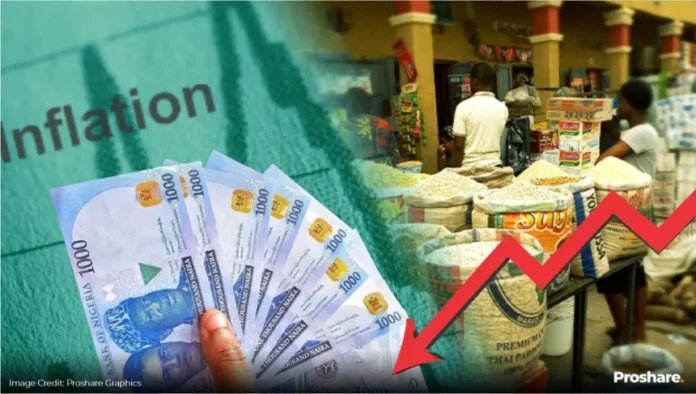The Manufacturers Association of Nigeria (MAN) has called on the Central Bank of Nigeria (CBN) to reconsider its monetary policy stance and implement a rate cut to ease inflation and revive growth in the real sector, especially manufacturing and agriculture.
This is against the backdrop of the CBN’s Monetary Policy Committee (MPC), which at its 301st meeting held on July 21 and 22, 2025, decided to place the Monetary Policy Rate (MPR) at 27.5%.
The association recognised the committee’s efforts to stabilise key monetary indicators, but noted that the current high rate is not enough to tackle inflation or stimulate productive investment. It maintained that the prolonged contractionary position of the apex bank is considerably frustrating its members.
The association further explained that lending rates to the sector have ballooned to over 35%, with ripple effects seen in higher production costs, rising prices of finished goods, lower capacity utilization, and a sharp increase in unsold inventories.
In 2024 alone, manufacturers’ capacity utilization dipped to 57%, while unsold inventory more than doubled to N2.14 trillion, compared to N1.14 trillion in 2023.
MAN noted that these developments hamper production and disrupt investment plans across the sector.
“The expectation of MAN is to have a rate cut that is supported by a robust fiscal policy framework capable of facilitating improved access to long-term loans, enhanced productivity, and sustained economic growth,” the association said in a statement.
MAN emphasized that reducing the interest rate would help lower the cost of borrowing, attract investment in the real sector, and boost economic activities.
MAN encouraged the federal government to work with the CBN to implement supportive fiscal measures that would reposition manufacturing as a key growth engine.
As part of its broader recommendation to support the real sector, MAN urged the government and monetary authorities to: Reduce interest rates to ease borrowing costs and create room for productive investment.
Implement a Nigeria First Policy to promote local patronage, backward integration, and domestic raw material sourcing—measures that would ease forex demand pressures.
Boost food production by tackling insecurity in farming communities and improving agricultural logistics, which would help curb food inflation.
Promote income redistribution to enhance citizens’ welfare and overall economic performance.
While inflation has eased slightly, dropping to 22.22% in June 2025 from 22.97% in May, food inflation has continued to rise. MAN believes that a policy shift that supports domestic production, reduces input costs, and stimulates consumer spending is essential to unlock sustained economic growth.

